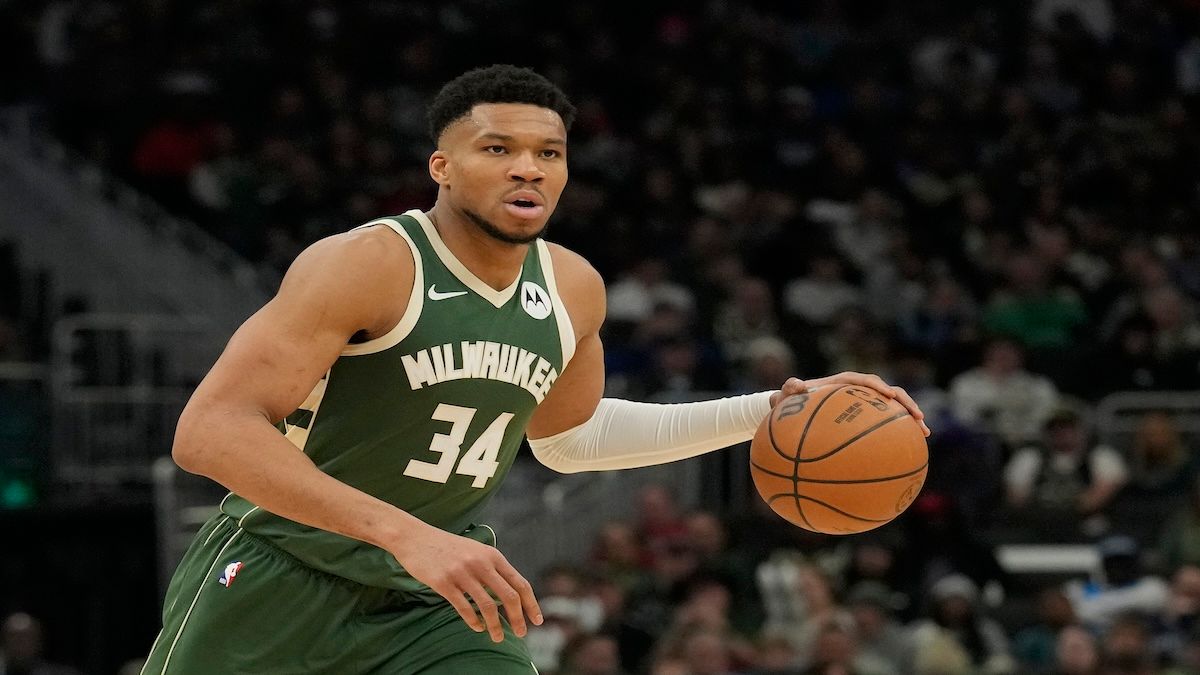2024-25 NBA Win Totals Odds for All 30 Teams

Odds via Caesars Sportsbook, updated in real-time. Confused? Learn more about how American odds work.
2024-25 NBA Win Totals Odds Comparison
Compare odds for NBA team win totals during the 2024-25 season across all major U.S. sportsbooks.
Most Wins by NBA Season
| Year | Leader | Wins |
| 2024 | Boston Celtics | 64 |
| 2023 | Milwaukee Bucks | 58 |
| 2022 | Phoenix Suns | 64 |
| 2021 | Utah Jazz | 52 |
| 2020 | Milwaukee Bucks | 56 |
| 2019 | Milwaukee Bucks | 60 |
| 2018 | Houston Rockets | 65 |
| 2017 | Golden State Warriors | 67 |
| 2016 | Golden State Warriors | 73 |
| 2015 | Golden State Warriors | 67 |
NBA Team Win Total Odds FAQs
Can I bet on NBA team win totals?
How do NBA odds work?
How many games do teams play during the regular season in the NBA?
Which team won the most NBA games in 2023-2024?
When should you bet on NBA win totals?
Which team has won the most NBA games in a season?












































